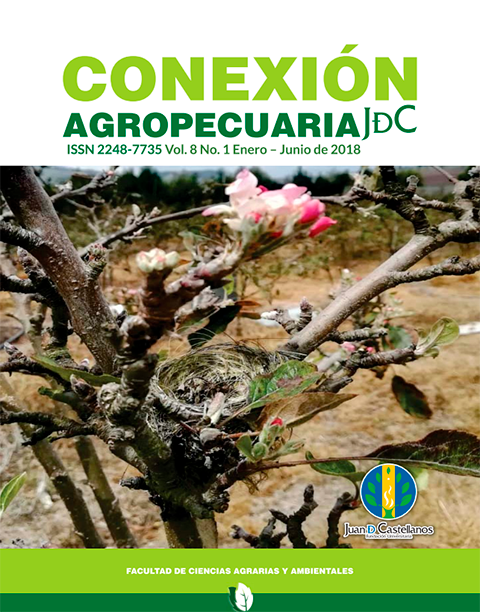DOI:
https://doi.org/10.38017/22487735.614Keywords:
local development, rural diagnosis, rural planningAbstract
A Rural Development Program was elaborated for the community of the village of Las Cañas, watershed of the Cusiana River, by applying the Participatory Rural Diagnosis (PRD) methodology, which allowed the identification of the most perceived problems by the community, their prioritization and the way to solve them in order to contribute to local development. The PRD methodology identified low-income levels and low qualification to improve the labor offering; based on this, the program was designed with 4 dimensions: Socio-environmental, aimed at creating success factors to implement ecotourism and agrotourism; Agricultural, aimed at adopting Good Agricultural and Livestock Practices to improve productivity and competitiveness; Community Support, which seeks to empower leaders with training in leadership, management and formulation of productive projects; and Capacity Development, which seeks to permanently train in tourism, sustainable livestock and clean agriculture.
Downloads
References
Fundación Amanecer. (2012). Caracterizacion socio-productiva y ambiental en la cuenca alta del río cusiana, vereda Las Cañas del Municipio de Sogamoso departamento de Boyacá. Informe Final Gestión Social Ecopetrol, Equion y Total.
García, D. (2009). Caracterización histórica y sociocultural de los pobladores y análisis de los factores generadores de la degradación ambiental en el Parque Nacional Natural Pisba. (Tesis de Maestría). Universidad Pedagógica y Tecnológica de Colombia, Tunja, Colombia.
Greenpeace. (2013). Páramos en peligro. El caso de la minería de carbón en Pisba. Recuperado de http://greenpeace.co/pdf/paramos/Informe%20P%C3%A1ramos%20en%20peligro.pdf.
Machado, A. (1998). La cuestión agraria en Colombia a fines del milenio. Bogotá: El Áncora Editores.
Melgarejo, V. (2009). Diagnóstico Social y Ambiental participativo del Agro parque Los Soches, localidad de Usme, Bogotá. D.C. y alternativas de desarrollo rural sostenible. (Tesis de Maestría). Pontificia Universidad Javeriana, Bogotá, Colombia.
Salgado, C, (2002). Cuadernos Tierra y Justicia, No. 6. Los Campesinos Imaginados. Bogotá: Instituto Latinoamericano de Servicios Legales Alternativos (ILSA).





